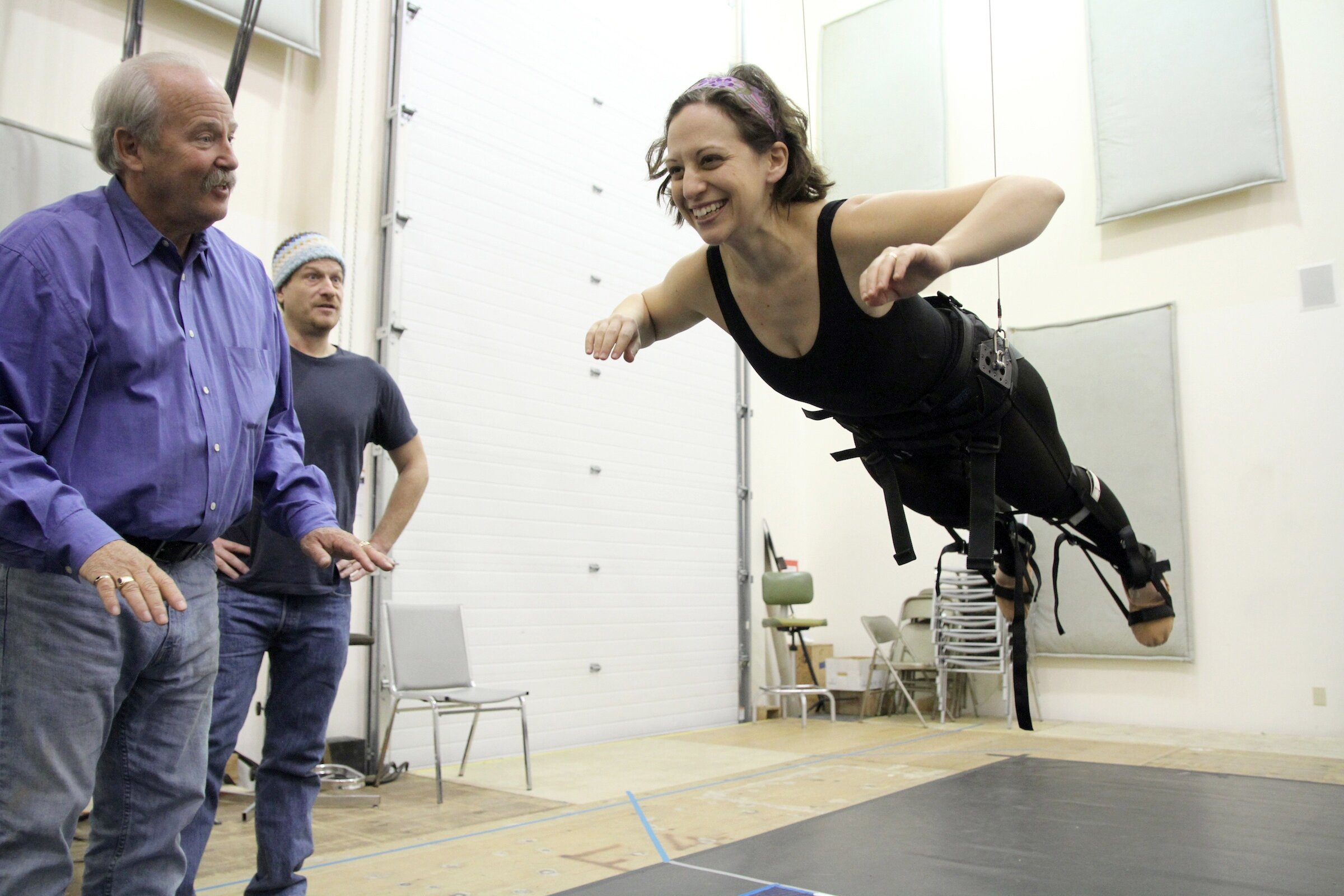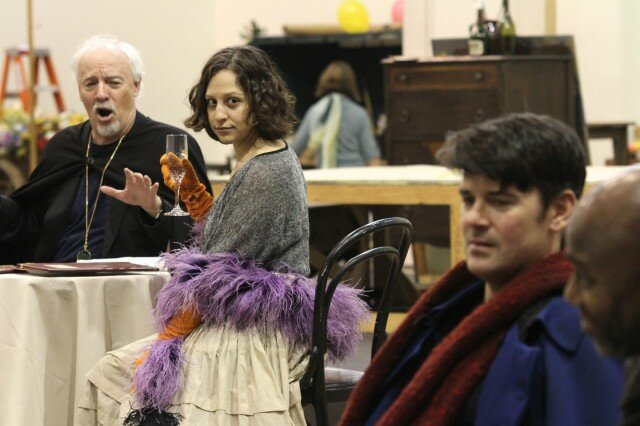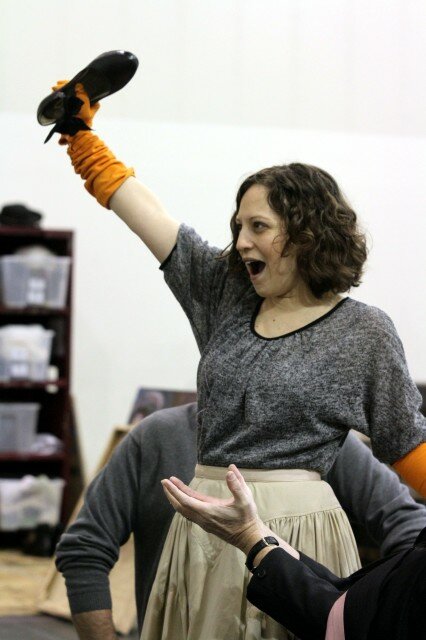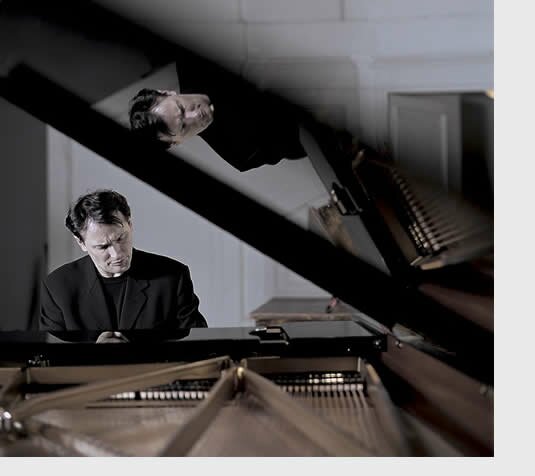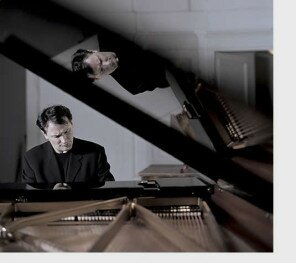Soprano Jennifer Zetlan is the embodiment of a classic opera question: How can a voice that big come out of a person that small? While I must admit that I haven’t yet heard her sing, I can guarantee that with a burgeoning career and roles that will bring her to the Met and back to Seattle Opera through 2014, she is a singer to keep an eye ear on.
Zetlan is currently in Seattle singing Musetta in La Bohème (February 23 to March 10; tickets). Updated to be set the year it was written, 1896 (it’s usually set in the 1830s), the production features photography — in the staging, in the sets, and even on the show curtain, which will include a picture actually taken in Act II of the opera.
“What’s great about [Musetta],” Zetlan said, “is that she’s so sassy and sometimes like a petulant child — she throws a big diva fit, but then also she’s very serious. She’s really hurting from her breakup with Marcello…and she’s a very caring person, you see that in Act IV. Suddenly she wants to sell her earrings for Mimì [to buy the muff], and then she won’t take credit for it.” Musetta allows Rodolfo to have a final moment with Mimì before she…
(spoiler alert!)
…dies.
After her run in La Bohème, Zetlan heads to Omaha and Massachusetts for concerts, then to Nashville to sing Pamina in Mozart’s Magic Flute, and then she returns to Seattle for this summer’s Ring Cycle. In the Ring, she’ll be singing Woglinde, a Rhinemaiden (Das Rheingold and Götterdämmerung), and the Forest Bird (Siegfried).
As one of the Rhinemaidens, she has to sing while flying through the air in a harness. “What’s amazing is that they care so much about their singers here — not that every company doesn’t, but there was so much thought put into these harnesses, it’s phenomenal,” said Zetlan.
The harness itself is attached to “ballet slippers that are rigged to feel hard, and they have a stirrup attachment. If they’re tightened just right, you can sort of feel like you’re standing,” an important element in breathing well! With thoughtful details like this, it’s no wonder Seattle Opera’s Ring Cycle attracts audiences from across the globe.
Zetlan is singing Musetta for all Sunday matinee performances of La Bohème, February 24, March 3 and 10, all at 2 p.m. Of the two casts, she said, “I think we’re like apples and oranges. Everyone’s so different. It’s amazing that two such different casts can come together and do the same opera. That’s what is so special about acting and opera, that you can have two totally different people with totally different voices bringing very different things to the same role.”
